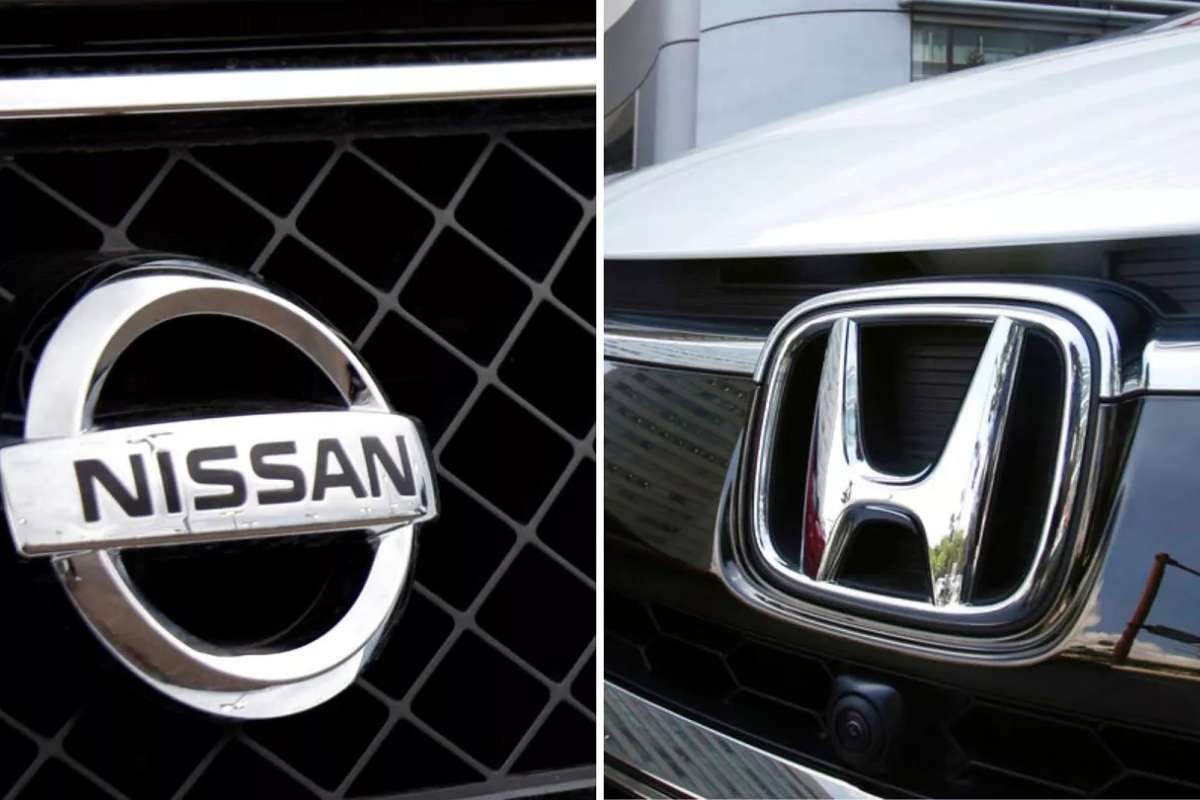Merger Talks Face Roadblocks
Discussions surrounding the proposed merger between Japanese automakers Nissan and Honda have hit a rough patch, according to recent reports. Initially set to be finalized by 2026, the deal is now facing significant hurdles due to disagreements between the two companies.
The Wall Street Journal reports that Nissan’s board has found Honda’s proposed terms unsatisfactory. Instead of proceeding with the initially agreed-upon equal partnership, Honda is reportedly pushing to make Nissan one of its subsidiaries. This shift has led to growing differences between the two companies, making the future of the deal uncertain.
Neither Nissan nor Honda has made an official statement regarding the stalled discussions. However, a Honda representative said that negotiations are still in progress, and further updates will be shared at the appropriate time. Meanwhile, Nissan acknowledged the delay, stating that while a decision was expected by the end of January, discussions are still ongoing. The company now aims to reach a conclusion by mid-February and will announce its final decision then.
Potential Impact on the Auto Industry
If the merger proceeds, the combined entity would become the world’s third-largest automobile group, trailing only Volkswagen and Toyota. The partnership aims to strengthen both companies in an increasingly competitive market, particularly as electric and autonomous vehicle technology continues to evolve.
Last year, Nissan and Honda signed a memorandum of understanding, laying the foundation for further integration talks under a joint holding company. Experts believe such a merger would allow both automakers to better compete against Chinese manufacturers and emerging EV brands.
Jessica Caldwell, head of insights at auto research firm Edmunds, noted that the merger is a long-term strategy rather than a quick fix for immediate business challenges. “Both Nissan and Honda are positioning themselves for the future, which will be defined by electrification and autonomous technology—developments that require significant investment,” Caldwell stated.
Economic Factors Adding Pressure
The uncertainty surrounding the merger comes at a time when global trade policies are shifting. Recently, the US president announced new tariffs of up to 25% on goods imported from Mexico and Canada, along with a 10% tariff on Chinese imports. These policy changes have raised concerns among investors regarding the future of Japanese automakers operating in North America.
Vincent Sun, an analyst at Morningstar, highlighted that Nissan faces a greater risk exposure to these tariffs compared to Honda and Toyota. Additionally, Nissan’s reliance on production in Mexico could pose further challenges. In 2024, Nissan manufactured more vehicles in Mexico than in any other country, surpassing its production levels in both China and Japan. Honda also exports cars from Mexico to the US, adding to the economic factors influencing the ongoing discussions.
As the deadline for a final decision approaches, industry experts and stakeholders are closely watching how the negotiations unfold, as the outcome will likely reshape the global automotive landscape.









